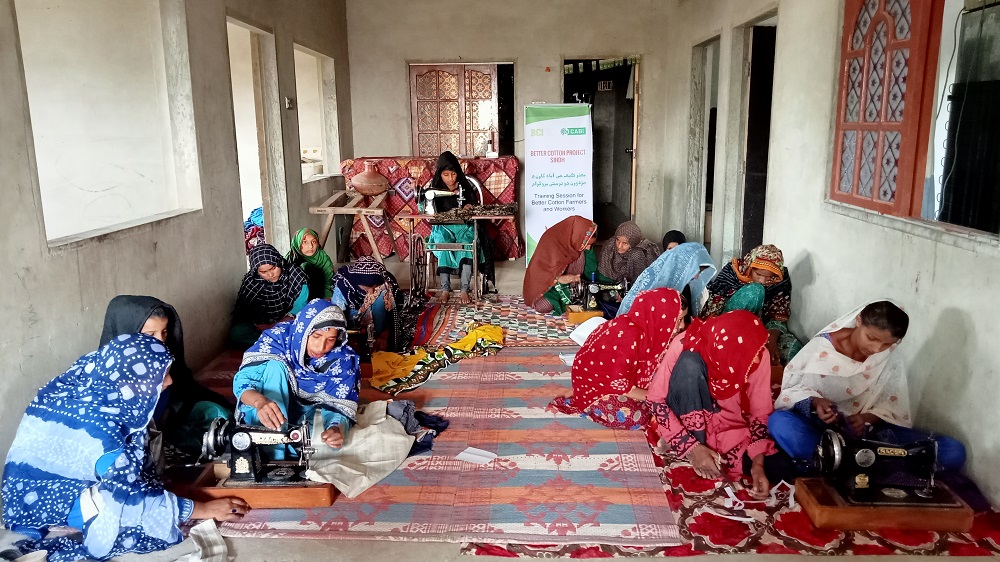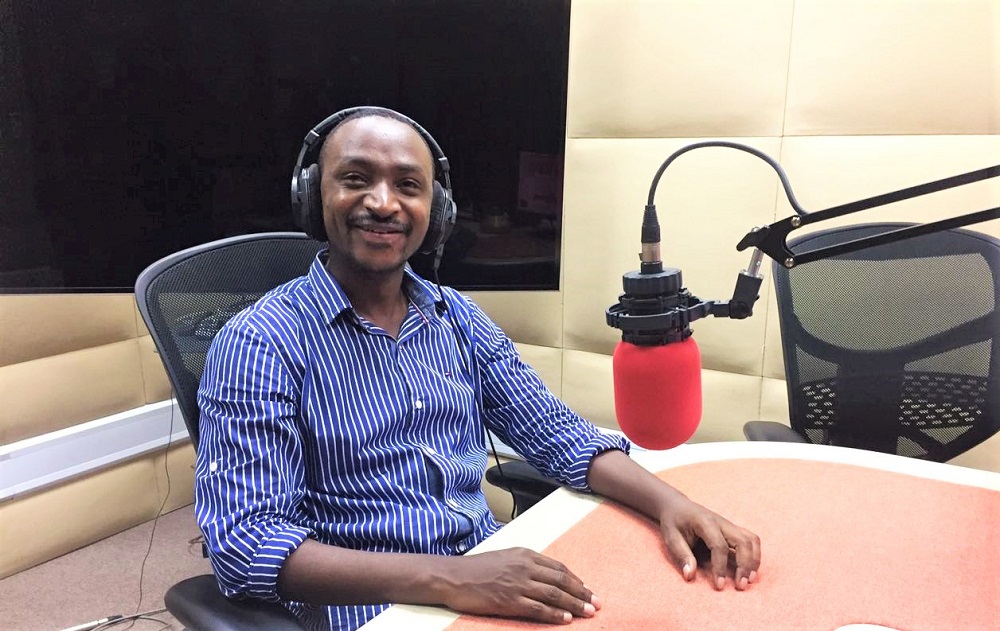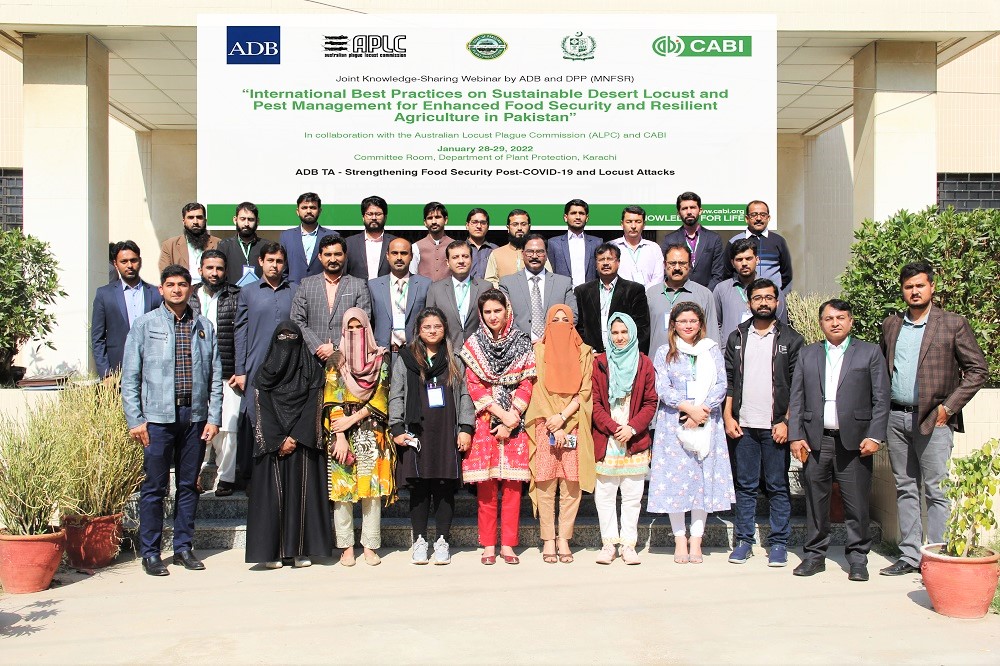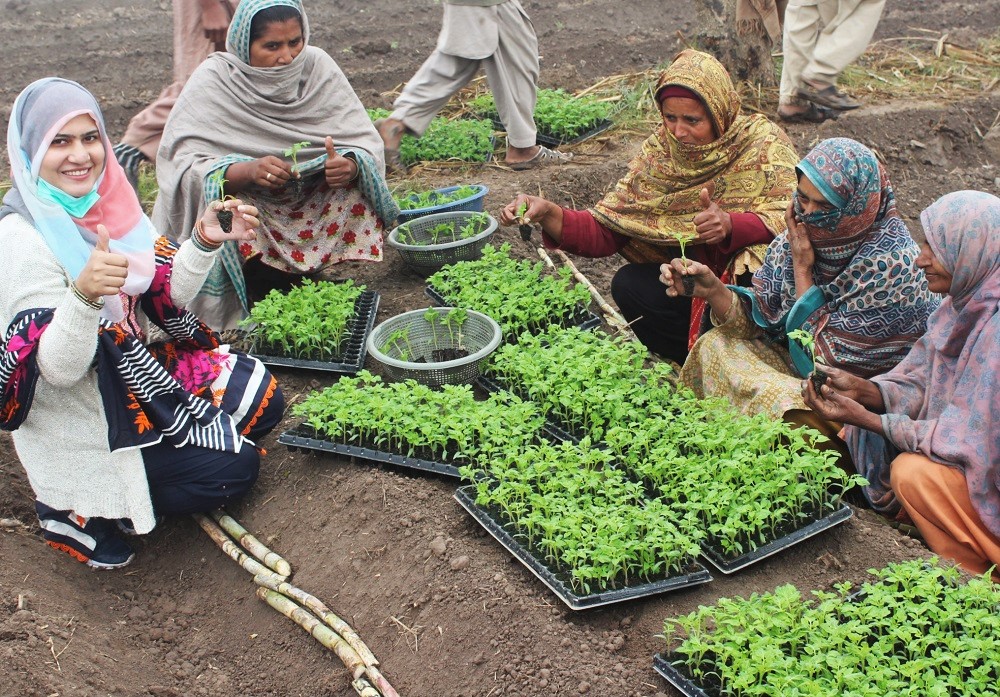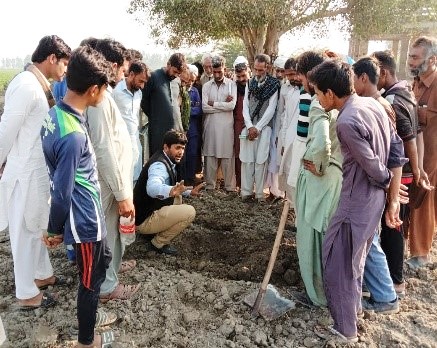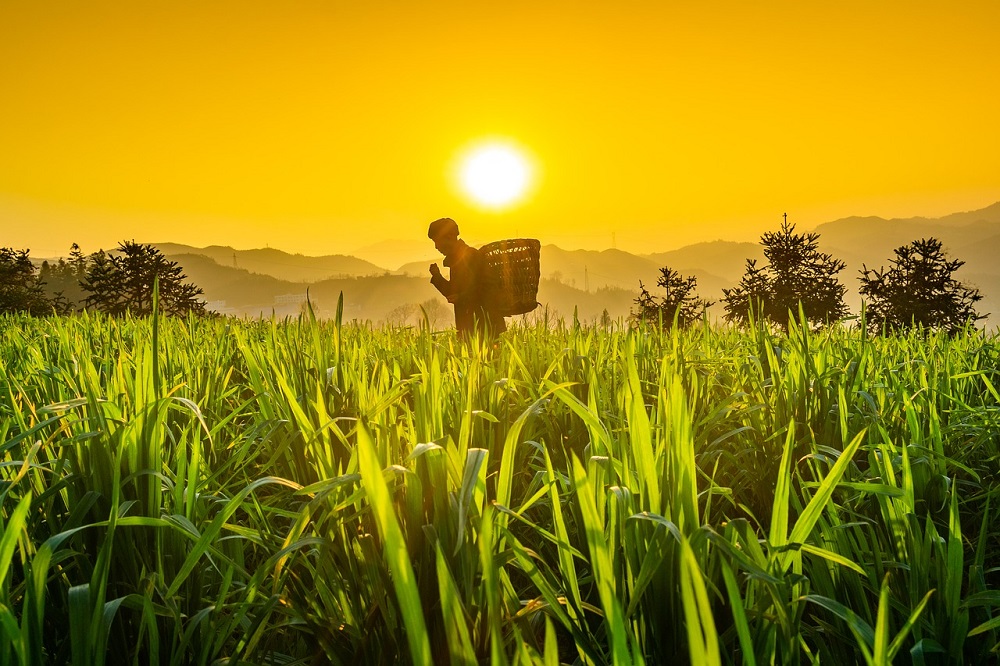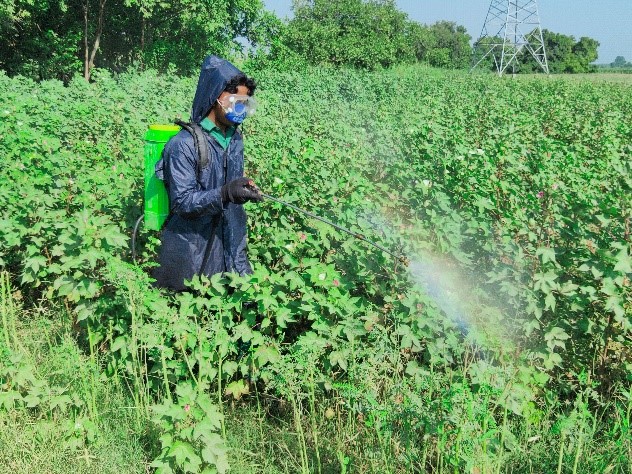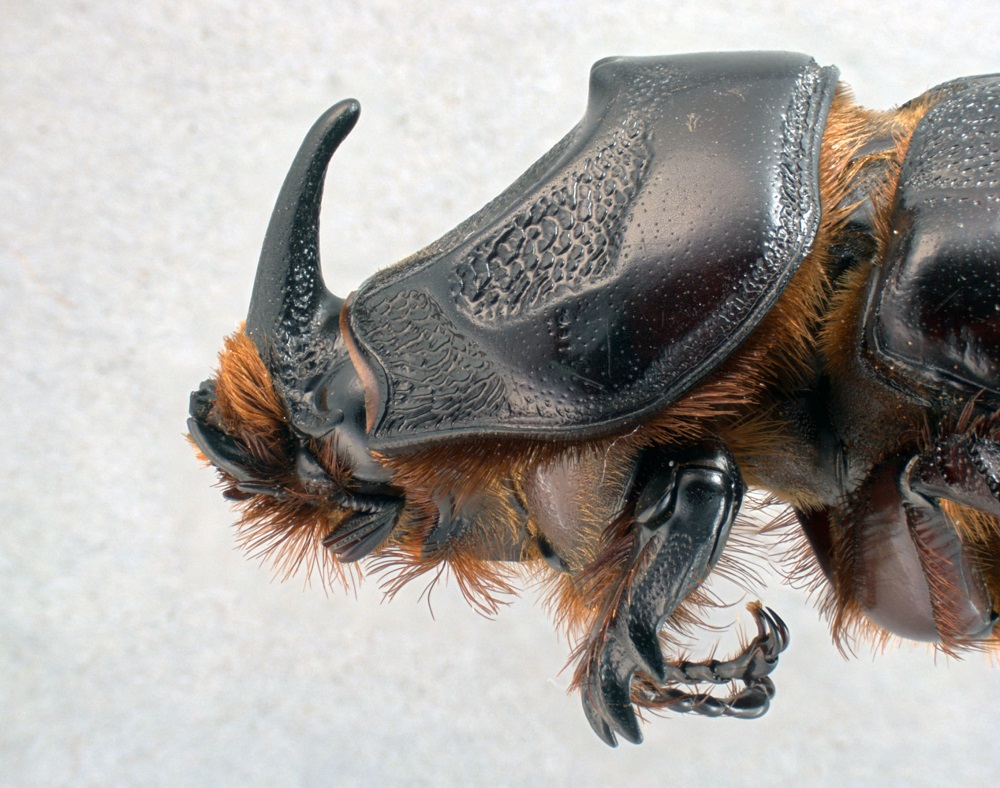CABI Blog
You are here: CABI Blog
Project to investigate the microbial diseases of St Helena’s crop plants takes root
March 14, 2022
Phil Taylor, Rob Reeder
No Comments
St Helena is famous for its unique habitats from the lush endemic cloud forests on the peaks to the dry and rocky coastal fringes. Many of the islands plants and invertebrates are found nowhere else on earth and their populations and diversity have been studied extensively since scientists arrived in the 1800s. However, despite this…
Taking steps towards female empowerment through Better Cotton Initiative in Pakistan
March 8, 2022
Noor Nabi Bhutto
2 comments
CABI’s centre in Pakistan is dedicated to helping improve the empowerment of female cotton farm workers as part of its remit under the Better Cotton Initiative (BCI) which is tasked with trying to avert annual cotton crop losses of around $350m.
Doctor turned science journalist launches first newspaper of its kind
March 8, 2022
Wayne Coles
1 comment
Meet Syriacus Buguzi – a pioneering medical doctor turned science journalist from Tanzania. He is making the headlines after spawning the first Swahili language science and technology newspaper, MwanaSayansi.
High-level webinar addresses challenge of desert locust and food security in Pakistan
February 22, 2022
Amir H Malik, Kazam Ali, Muhammad Tariq Khan
No Comments
A high-level two-day joint-knowledge sharing webinar has been held at the Department of Plant Protection (DPP) in Karachi, Pakistan, to address international best practices and sustainable ways of fighting desert locust and other crop pests to help ensure the country’s food security.
Repelling poverty through tomato nursery seedling enterprise
February 16, 2022
Guest Author
No Comments
Story of change: A small group of women from Baili Janobi and Hajiwah villages in Muzaffargarh, Pakistan, transform from being labourers to successful tomato seedling growers.
A history of the spice trade: how spices shaped the world
February 14, 2022
James Hancock
No Comments
Spices are now an every day commodity in households around the world. James Hancock explores the origins of this important trade.
CABI introduces advance potato production technologies in Punjab, Pakistan
February 14, 2022
Maila al Saba Shah, Umair Safdar, Yasar Saleem Khan
No Comments
CABI is transforming the fortunes of small-scale potato farmers by introducing advance potato production technology thanks to the technical support of Wageningen University & Research, Netherlands (WUR) experts and financial assistance provided by the Netherlands Enterprise Agency (RVO).
‘Sowing the seed’ for organic produce in Pakistan
January 5, 2022
Habat Ullah Asad
1 comment
CABI, under the organic agriculture project ‘Building the Policy Ecosystem for Organic Production Landscape in Balochistan, Pakistan,’ is initiating its efforts to support regenerative agriculture to mitigate climate change threats and to strengthen the local agriculture industry to compete with international markets.
Virtual training workshop on ‘Biopesticides and their Future Prospective for Pakistan’
December 16, 2021
Babar Bajwa, Sabyan Faris Honey
No Comments
CABI’s centre in Pakistan, along with United States Department of Agriculture (USDA) through the financial assistance of United States Agency for International Development (USAID) is currently involved in implementation of a program ‘Regulatory Harmonization in Pakistan for MRLs and Biopesticides’ with the objective to detect and prioritize high-risk pesticides related to increased Maximum Residue Limits…
CABI shares expertise on crop pest and disease importation risks affecting authorities in Philippines
December 14, 2021
Muhammad Faheem, Muzammil Farooq
No Comments
CABI experts Dr Muzammil Farooq, Muhammad Faheem and Dr Annamalai Sivapragasam, shared their expertise as part of a two-day international virtual training on ‘Import Risk Analysis’ for the national regulatory authorities of Philippines government organized by WINROCK International in Philippines.
Subscribe to blog
DISCLAIMER
Views expressed in contributions do not necessarily reflect official CABI positions.
Archives
Categories
- Agriculture and International Development
- Veterinary and Animal Sciences
- Climate change and biodiversity
- Publishing
- Value chains and trade
- Crop health
- Environmental Sciences
- Human Sciences
- Tourism, Hospitality and Leisure
- Food and nutrition security
- Plant Sciences
- Gender and youth
- Digital development
- Development communication and extension
- Economic development
- Invasive species
- CABI Bioservices
- One Health



